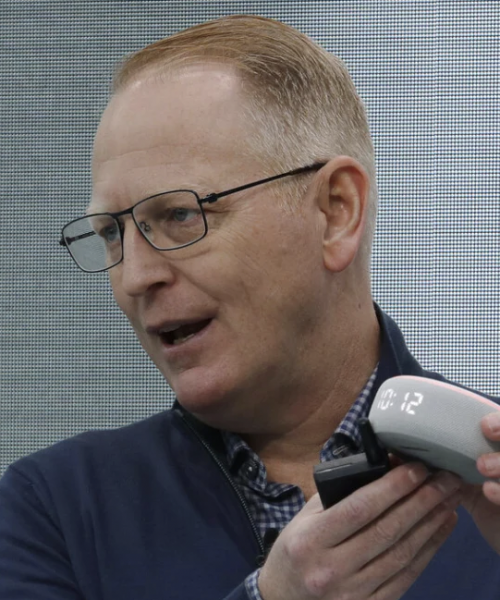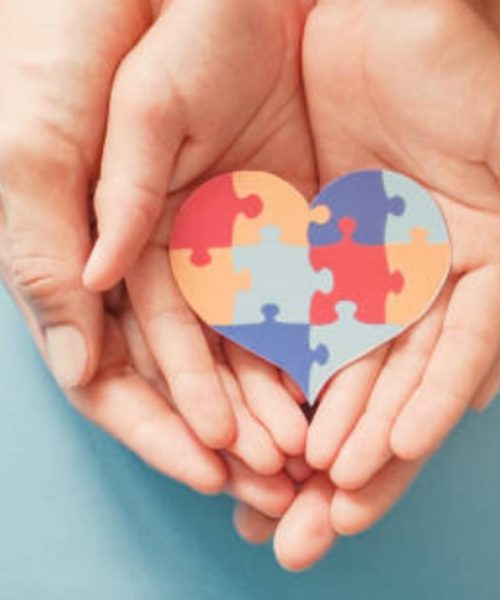By Michael Clayton, Mayo Clinic News Network
Troy Warren for CNT #Health
‘The more languages you know, the less your risk of dementia. And music happens to be a language’
Music soothes, energizes and inspires. It also fortifies pathways in your brain that neurologists say can lead to a better understanding of cognition and dementia.
To help better understand how music strengthens the brain, Dr. Bernard Bendok, chair of the Department of Neurosurgery at Mayo Clinic in Arizona, explains how music strikes a chord with researchers in this Mayo Clinic Minute.
“One of the higher functions that a human brain can engage with is the performance of music,” says Bendok. “As you master those instruments, there are certain connections that grow and get enhanced in the brain. The brain likes to be challenged. We know that the more languages you know, the less your risk of dementia. And music happens to be a language.”
“Understanding music allows neurologists and neurosurgeons and neuroscientists to better understand the brain,” continues Bendok. “It’s a great way to better map the brain, both for enhancing the safety of surgery, but also for exploring new avenues for new therapies for various conditions of the human brain, including degenerative diseases and memory problems. By understanding these pathways that contribute to musical memory and cognitive memory, this will allow us to solve the problems of degeneration like dementia, but also open new opportunities to enhance function.”
Music therapists already use music’s ability to trigger a range of emotional states with their patients. According to Brittany Meyer, a neurologic music therapist at UPMC Children’s Hospital of Pittsburgh, music’s ability to activate multiple parts of the brain simultaneously makes it a useful tool for rebuilding and strengthening pathways in the brain.
She explained that music can trigger reaction in both the hippocampus, which plays a role in learning and memory, and the amygdala, which is involved in experiencing emotions. So listening to the same music at a later date can trigger the same emotions as when the listener last experienced the music.
Petr Janata‘s recent study found that music can function as a targeted memory aid. That means learning names or new faces or places could one day be paired with an individual tune, almost like a personalized musical tag.
Janata, a researcher at the University of California, Davis. is exploring that idea in his research and attempting to observe how the brain responds to musical stimuli and earworms using neural imaging technology.
“It raises the question: Can this be deployed in a targeted way, taking novel pieces of music [and] pairing earworms with must-be-remembered information? Could this serve as a memory aid?
“That’s what our current experiments are trying to show and see whether that’s possible.”
In Other NEWS



































